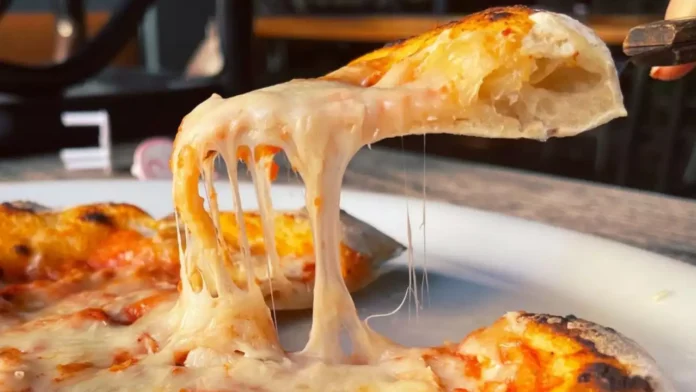New Culture‘s casein protein, crafted without any animal inputs, has been deemed safe for consumption.
The alt-dairy start-up, following a recent evaluation by an independent panel of qualified scientific and toxicology experts, has self-affirmed that its animal-free casein is ‘Generally Recognized as Safe’ (GRAS). This determination means that the company’s casein can now be sold, used, and consumed in the US like any other food ingredient.

New Culture announced that it has attained Generally Recognized As Safe (GRAS) status for its casein, which closely aligns with the identity and macro-nutritional profile of traditional cow casein while adhering to reproducible, industry-standard, and food-safe manufacturing processes.
In June last year, New Culture announced its successful creation of mozzarella cheese using its casein protein. The forthcoming mozzarella is scheduled to debut this summer at Silverton’s Pizzeria Mozza in Los Angeles, US, before expanding to retail shelves.
Continue Exploring: Orkla joins A$24.4 Million investment in Eden Brew’s innovative animal-free dairy venture
In August 2023, New Culture revealed that it had upscaled its fermentation process to manufacture volumes significantly larger than previous deployments. This enabled the production of enough cheese for 25,000 pizzas per run, a significant step forward in its plans to supply animal-free mozzarella to pizzerias across America.
Casein serves as a key component in converting milk into various dairy products such as cheese, yogurt, and whipped cream. New Culture’s animal-free casein provides identical taste, texture, and functionality to traditional dairy. Notably, products using New Culture casein are devoid of lactose, cholesterol, trace hormones, and antibiotics. Moreover, they contribute to significantly reduced greenhouse gas emissions, as well as decreased land and water usage.
Inja Radman, New Culture’s co-founder and CSO, said, “Having secured another “world’s first” for our animal-free casein is a testament to the hard-working and innovative team we have at New Culture. Achieving GRAS status proves that animal inputs aren’t needed to produce casein protein and marks an essential step on our path toward commercialisation.”
New Culture has expressed its intention to inform the FDA about its self-GRAS determination shortly. Additionally, the startup has confirmed ongoing efforts to expand its manufacturing capacity in anticipation of the first sale of its cheese later this year.
Continue Exploring: Danone and Wilk join forces to produce animal-free infant formula with strategic investment deal





